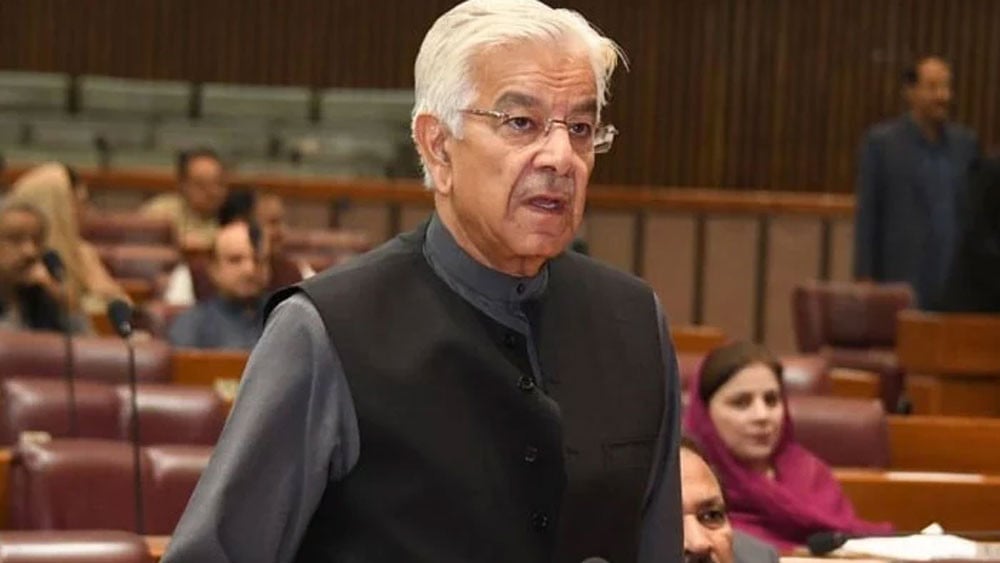Khawaja Asif, Pakistan’s Minister of Defence, has stated that the country could eliminate its reliance on the International Monetary Fund (IMF) if corruption is reduced by 50%. Speaking at a recent event, Asif highlighted the detrimental impact of corruption on the economy and underscored the need for urgent reforms to ensure financial independence.
The Economic Impact of Corruption
Corruption remains one of the most significant barriers to Pakistan’s economic stability. It drains resources, deters foreign investment, and undermines public trust in institutions. Asif pointed out that reducing corruption could free up billions of rupees, which could be redirected towards development projects and debt repayment, lessening the country’s dependence on external financial support.
IMF Dependency and Its Consequences
Pakistan’s repeated engagements with the IMF for bailout packages have been a subject of public and political debate. While IMF loans provide temporary relief, they often come with stringent conditions, such as increased taxes and subsidy cuts, which burden the average citizen. Breaking free from this cycle requires strong governance, fiscal discipline, and effective anti-corruption measures.
The Path to Reform
Khawaja Asif emphasized the importance of:
- Transparent Governance: Strengthening institutions to ensure accountability and reduce opportunities for corruption.
- Judicial Action: Pursuing cases against corrupt individuals and recovering stolen assets.
- Public Awareness: Educating citizens about the long-term economic costs of corruption.
- Policy Reforms: Implementing measures to improve revenue collection and streamline public spending.
Achieving Financial Independence
Reducing corruption by even 50% could result in significant savings for the government. These funds could be utilized to improve public infrastructure, health, and education while reducing the fiscal deficit. Such measures would not only foster economic growth but also restore public confidence in governance.
Khawaja Asif’s assertion underscores the critical link between governance and economic independence. By addressing corruption head-on, Pakistan could pave the way for sustainable growth and finally break free from the constraints of IMF dependency, offering a brighter and more self-reliant future for its citizens.



Comments (0)
No comments yet. Be the first to comment!
Leave a Comment